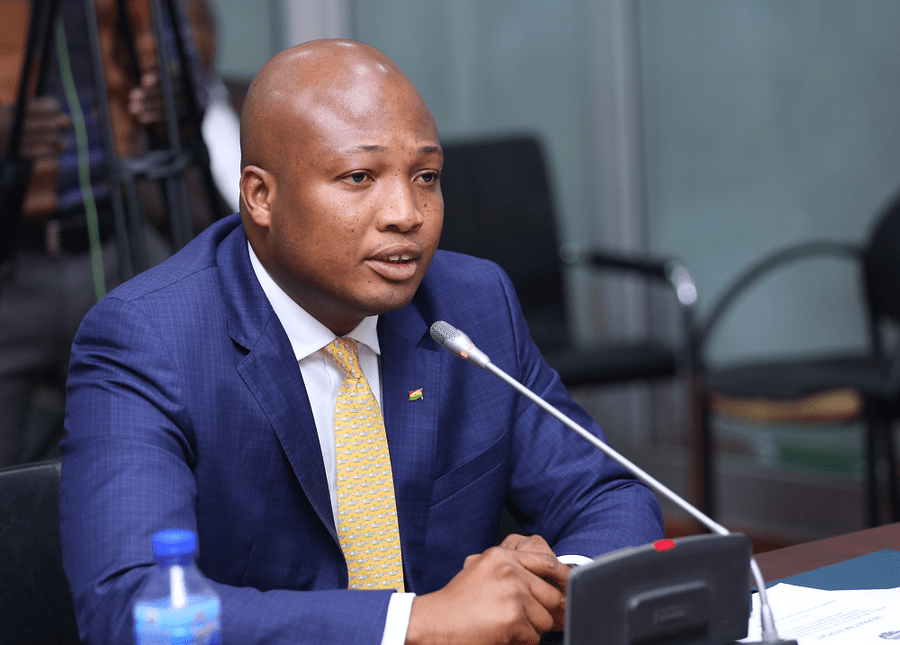State capture, where politicians and connected individuals acquire public assets, has devastating effects on Ghana’s democracy and economy, undermining good governance and hindering sustainable development.
This practice, marked by conflict of interest, corruption, and undervaluation, concentrates wealth among a few politically influential people, exacerbating economic inequality and eroding public trust in government.
Furthermore, state capture leads to the systematic undervaluation of state assets, resulting in significant revenue losses for the state and unfairly enriching politically connected individuals.
The reduced government revenue resulting from undervalued state assets limits the government’s ability to fund public services and development projects, hindering economic development.
As such, this perpetuates poverty, inequality, and unemployment, undermining Ghana’s economic development and democratic governance.
Moreover, the unfair advantage gained by politicians and connected individuals distorts market forces, creating an uneven playing field for other businesses, resulting in a culture of crony capitalism, where political connections rather than merit or innovation determine success.
Thus, small and medium-sized enterprises, which are the backbone of Ghana’s economy, are particularly disadvantaged as they lack the political connections to compete with politically connected individuals.
Likewise, the absence of transparency and accountability in these transactions fosters a culture of impunity, allowing perpetrators to act with reckless abandon, free from the fear of consequences.
Consequently, the lack of accountability and transparency undermines public trust in the government and perpetuates corruption, as politicians and connected individuals feel emboldened to engage in illicit activities without fear of consequences.
Furthermore, the use of state assets to reward political loyalists and maintain political power perpetuates elitism, undermining democratic principles and institutions.
As a result, this propagates a culture of patronage, where political loyalty is rewarded over merit or innovation, undermining socio-economic growth.
Accordingly, the Trades Union Congress (TUC) has voiced strong disapproval over the Social Security and National Insurance Trust (SSNIT) selling its 60% stake in four hotels to the Agriculture Minister, which many Ghanaians have described as a case of state capture.

Dr. Kwabena Nyarko-Otoo questioned the integrity of the process when politicians at SSNIT, appointed by the President, preferred a fellow politician’s proposal, hinting at potential cronyism and bias.
“There’s no way we will allow one part of the government to sell SSNIT assets to another part of the government or individuals in there. We assure workers that we will do everything in our power to make sure that this deal is stopped,”
Dr. Kwabena Nyarko-Otoo
Combating State Capture: Transparency And Accountability Key
Furthermore, combatting state capture requires robust transparency and accountability mechanisms to ensure the responsible management of state assets, preventing corrupt practices and promoting good governance.
Accordingly, strengthening institutions is crucial in addressing this issue. Enforcing laws and regulations, establishing independent anti-corruption agencies, and enhancing transparency and accountability can help prevent the misuse of state assets.
Taking the initiative to solve the menace of state capture, MP for North Tongu, Hon. Samuel Okudzeto Ablakwa noted that he will be sponsoring a Private Member’s Bill in Parliament to prevent politicians and politically exposed persons from participating in the purchase of state assets.

He indicated that the bill will legally block all loopholes in the current legal regime which some politicians appear to be exploiting for personal gain.
“After 16 years of crusading against politicians purchasing state assets under a conflict of interest, opaque, abuse of power, and unethical circumstances; I believe it is time to have a strong piece of legislation with deterrent sanctions to end the canker”.
Hon. Samuel Okudzeto Ablakwa
Additionally, promoting ethical leadership and encouraging whistleblower protection can help foster a culture of integrity and accountability.
Moreover, publicly disclosing state asset sales and purchases, implementing open bidding processes, and enforcing conflict of interest laws can help ensure that state assets are managed in a transparent and accountable manner.
Furthermore, encouraging citizen participation in governance and fostering civil society organizations’ oversight can help promote public scrutiny and oversight.
Regulatory reforms are also necessary to address this issue. Strengthening regulatory bodies’ independence, enhancing regulatory oversight and enforcement, and implementing effective conflict-of-interest regulations can help prevent the misuse of state assets.
Likewise, international cooperation and judicial reforms can help combat corruption and ensure effective prosecution of corruption cases.
Most importantly, political will and commitment are crucial to address state capture. Demonstrating a strong commitment to transparency, accountability, and ethical leadership can help prevent the misuse of state assets and promote good governance.




















